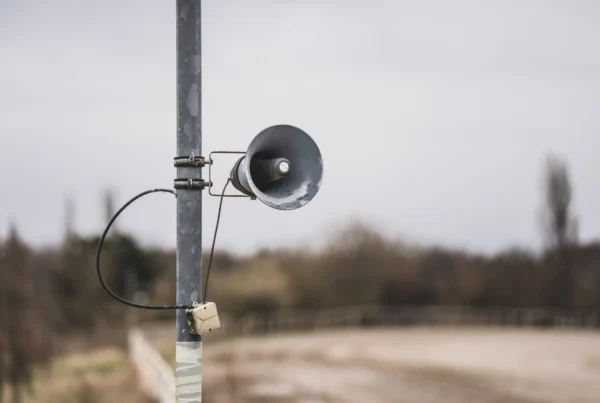Feel like you have no control lately? Do things just seemingly happen to you and you’re always having to react? Pressures from the outside world can seem insurmountable, and if the day to day is crazy and hectic, it can feel like you never know what’s coming. Here’s a way to start to think about developing a plan forward.
On a recent episode of The High Performance Podcast, co-host Jake Humphrey, referenced a theme that immediately resonated with me. People often feel powerless. He talked about how many people feel as though things that have happened to them are their fault. Similarly, many of my clients feel as though the environment is happening to them. Their childhood was traumatic, their parents don’t understand them, their professors or teachers hate them, school isn’t for them, they have no friends, the future is uncertain etc.
Importantly, all of this is true. Their experiences are valid, their feelings are real, and the circumstances my clients have gone through are profound, difficult, unfair, and traumatic.
All of these events are objective truths. They happened in reality. However, they occurred with no meaning attached to them. As Naval Ravikant has said, “to a tree there is no concept of right or wrong”, a sentiment that is designed to create distance between what we believe is our reality and what is actually reality.
Human’s layer over meaning in all that we do. We are the only species that we know of that has evolved in their ability to have metacognition, thinking about thinking, and as a result we can forecast the future using our ability to remember the past. While we are instinctual in many ways, our consciousness allows us to process events at a high level through storytelling. The subjective narrative that we layer over the objective reality causes our distress in most cases.
For example, I was always seen and told I was a shy kid in school. I never wanted to be embarrassed, and as a result, I became guarded in situations that could be disarming or judgmental. I was reluctant to participate in class. I blushed easily. The reality was that my peers had a perception of me, and the narrative that I embodied was that their perception was truth.
Oftentimes, what happens to us is not our fault. While it’s easy, particularly for our child-like selves, to internalize that we are a broken person, unworthy of love, attention, affection or support, those distressing labels are a consequence of a story, not a truth. If our parents didn’t love us, it’s not because we are unlovable. If we experienced trauma, we didn’t deserve it. If we didn’t have a lot growing up, or maybe never had anything, that doesn’t mean we are not worthy of having prosperity in life.
To change the narrative is to take responsibility. Once you know that the reality is shaped by the story we tell ourselves, then we can choose to take responsibility for how we shape the story, not the reality. I can choose to see those events of embarrassment in high school as absolutely critical to providing me a chance to push myself socially throughout my life. I cannot change how my peers saw me. You can choose to forgive your parents for not loving you as much as you deserved, but you cannot change how they treated you. You can choose to take responsibility over how you think about the realities that have happened in your life. Be ready though. This can be incredibly disarming and difficult if you’ve held on to disempowering beliefs for a long time. Your greatest calling is to take responsibility for how you want to live your life, but that doesn’t make the journey ahead easy.
Onwards and upwards!




